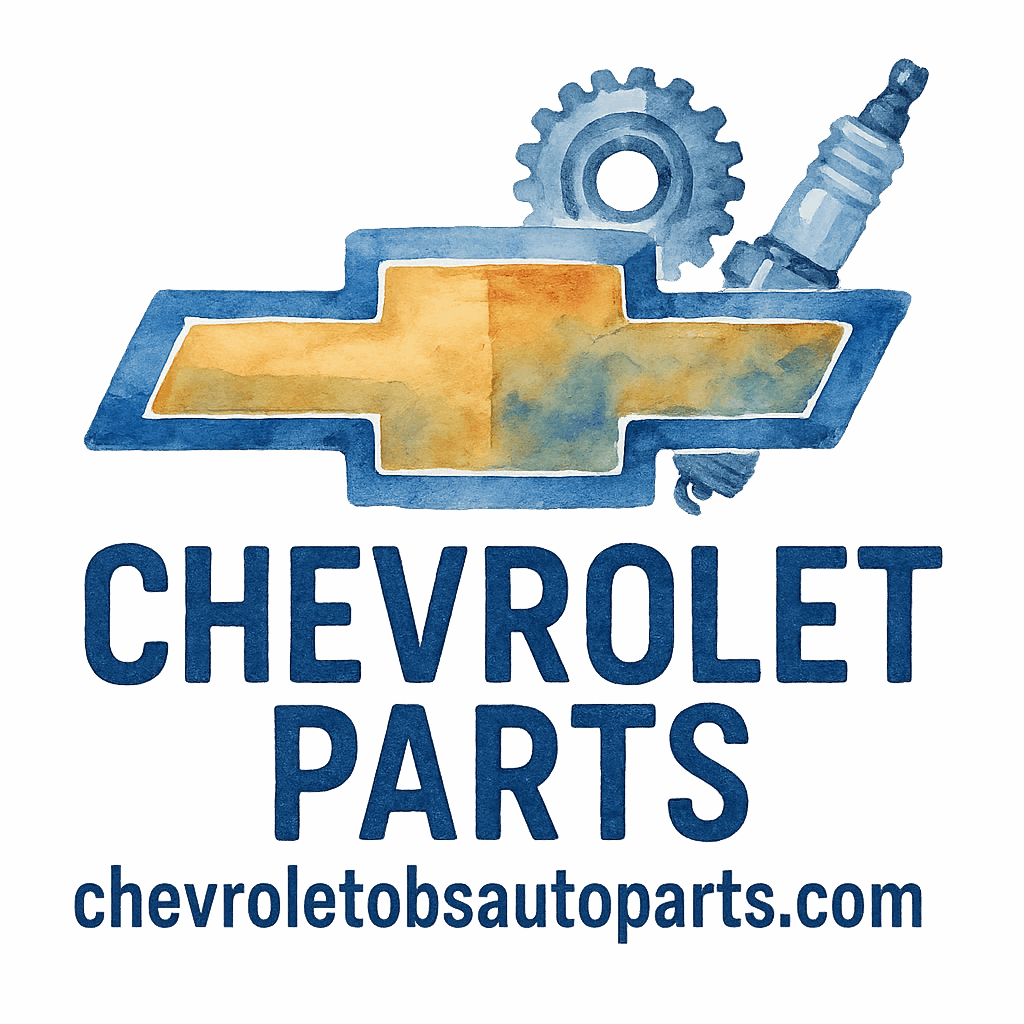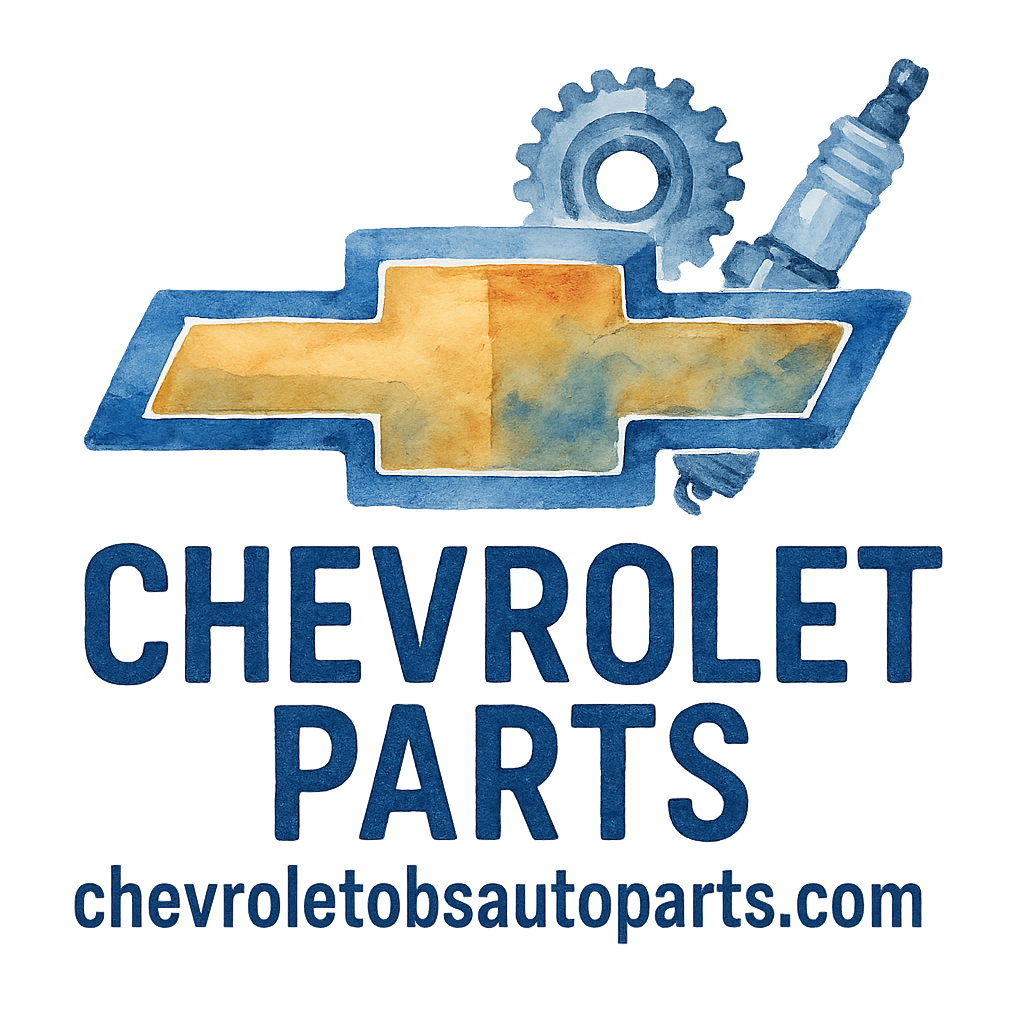Let’s face it: buying Chevrolet parts can be overwhelming. Whether you’re fixing up your classic Chevy truck or upgrading your daily driver, one wrong part can mean wasted money and a whole lot of frustration. But hey, don’t stress — asking the right questions can save you time, cash, and even your sanity.
Ready to shop smarter? Here are 9 essential questions you need to ask before clicking that “Buy Now” button.

Why Asking the Right Questions Matters
Think of buying Chevy parts like assembling IKEA furniture without instructions. You might eventually figure it out… but wouldn’t it be better with a plan?
The parts market is flooded with options — OEM, aftermarket, used — and not all are created equal. Whether you’re looking for performance upgrades or a simple replacement, knowing what to ask helps you avoid costly mistakes.
1. Is This Chevrolet Part Compatible With My Model and Year?
Why Compatibility is Non-Negotiable
Just because it says “Chevy” doesn’t mean it’ll fit your 2001 Silverado. Compatibility is the #1 deal-breaker in auto parts shopping. Each make, model, and year combo can have slight (but crucial) differences.
Tools to Verify Compatibility
- VIN Check – Use your Vehicle Identification Number to confirm exact specs.
- Fitment Tools Online – Sites like Chevrolet OBS Auto Parts help filter parts by year/model.
- Ask the Seller – Don’t be shy. A good seller will confirm before shipping.
2. Is the Part OEM, Aftermarket, or Used?
Differences Between OEM, Aftermarket & Used
- OEM (Original Equipment Manufacturer): These are factory originals. Think: high quality, perfect fit.
- Aftermarket: Third-party made, often cheaper but with varying quality.
- Used: Salvaged from other vehicles — budget-friendly but risky.
Pros and Cons of Each
| Type | Pros | Cons |
|---|---|---|
| OEM | Perfect fit, high quality | Higher cost |
| Aftermarket | Affordable, wide availability | Quality varies |
| Used | Budget-friendly | Unknown wear and tear |
Not sure which to choose? Check out our full Buying Guide Tips for pros, cons, and advice.
3. What’s the Return and Warranty Policy?
Don’t Skip the Fine Print
If the part doesn’t fit or fails within a week, can you return it? Is there a warranty? Good sellers offer at least 30-day returns and a 6-12 month warranty. Avoid anyone who says “no returns” — that’s a red flag!
4. Is the Seller Reputable?
How to Check Seller Reviews
Use Google, forums, or trusted marketplaces to research seller reviews. Look for:
- Fast shipping
- Accurate product descriptions
- Responsive customer service
Why Buy from Trusted Sources Only
Buying from a sketchy seller can mean fake parts or worse. Always go with trusted sources like Chevrolet OBS Auto Parts where reliability is the name of the game.
5. Does the Part Affect Engine Performance or Safety?
Prioritize Critical Components
Buying spark plugs? Timing belt? Fuel injectors? These affect your engine performance directly.
When safety or performance is on the line, quality isn’t optional — it’s essential. Don’t skimp on brakes, suspension, or engine components. Visit our Engine Performance section for top-tier parts.
6. Is This the Best Price I Can Get?
How to Compare Prices Without Sacrificing Quality
We all want a deal. But if a price seems too good to be true… it probably is.
Use multiple sites to compare. Look at:
- Warranty included?
- Shipping fees?
- OEM vs. aftermarket?
Pro tip: Use Online Shopping tools and coupon codes.
7. Are There Any Installation Considerations?
DIY vs. Mechanic Install
Some parts (like air filters or wiper blades) are perfect for DIYers. Others (like timing belts) should never be touched unless you’re a pro.
Required Tools or Kits
Before buying, check if the part:
- Requires special tools?
- Comes with gaskets or bolts?
- Needs calibration after install?
Maintenance & Replacement articles often mention this.
8. Is This Part Covered in the Maintenance Schedule?
Planned Replacements vs. Emergency Fixes
Refer to your Chevy’s maintenance manual. Many parts (like spark plugs, belts, and brake pads) need routine replacement. This isn’t just about fixing things — it’s about preventing breakdowns.
Explore our Annual Maintenance section to stay ahead.
9. Is the Part Weatherproof and Durable?
Long-Term Considerations for Exterior and Interior Parts
If you’re buying body panels, lights, or interior comfort upgrades — you’ll want parts that can withstand the elements.
- Is it corrosion-resistant?
- UV-protected?
- Water-sealed?
Check out the Body Protection and Interior Comfort sections for weather-tough options.
Common Mistakes to Avoid When Buying Chevrolet Parts
Ignoring Return Policies
Always read the fine print. If something feels fishy, walk away.
Buying Just Based on Price
Cheapest doesn’t always mean best. Value = price + quality + longevity.
Internal Resources That Can Help You Decide
Not sure where to start? These pages can make your life 10x easier:
Conclusion
Buying Chevrolet parts shouldn’t feel like decoding the Matrix. By asking these 9 simple (but powerful) questions, you’ll avoid headaches, save money, and get exactly what your Chevy needs. Whether you’re restoring a classic or tuning a beast, your parts matter.
Shop smart, ask questions, and don’t settle for less than quality.
FAQs
1. What’s the difference between OEM and aftermarket Chevy parts?
OEM parts are made by Chevrolet or approved partners; aftermarket ones are third-party and vary in quality.
2. Can I install most Chevy parts myself?
Some, yes. Things like filters or lights are DIY-friendly. But for engine or suspension parts, get a pro.
3. Where can I buy trusted Chevrolet parts online?
Check out Chevrolet OBS Auto Parts for reliable, reviewed sellers and fast shipping.
4. How often should I replace my Chevrolet spark plugs?
Every 30,000 to 100,000 miles depending on your model. Always check the owner’s manual.
5. What does “weatherproof” mean for car parts?
It means the part can handle rain, heat, cold, and UV without degrading — crucial for exteriors.
6. Are used Chevy parts safe?
They can be — if sourced from a reputable dealer. Always ask about history and condition.
7. What’s the best way to check part compatibility?
Use your VIN and double-check with fitment tools on Chevrolet OBS Auto Parts.


